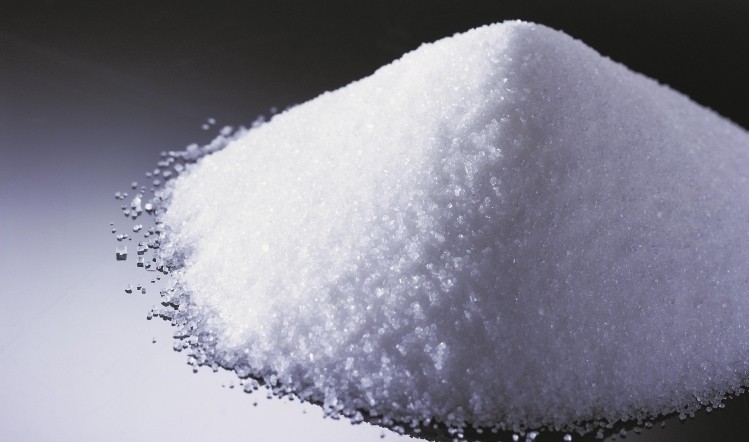Sugar intake levels in line with current recommendations

The advice followed a comprehensive safety assessment of sugars in the diet and the potential links to health problems. The findings will support national public health authorities in Europe update future advice for their consumers.
However, the evidence submitted did not allow researchers to set a tolerable upper intake level for dietary sugars, which was the original goal of the assessment.
Professor Dominique Turck, chair of EFSA’s panel of nutrition experts that carried out the assessment, said: “We underlined there are uncertainties about chronic disease risk for people whose consumption of added and free sugars is below 10% of their total energy intake.
Scarcity of studies
“This is due to the scarcity of studies at doses in this range. Data limitations also meant it was not possible to compare the effects of sugars classified as added or free, overall.”
Evidence reinforced sugar consumption as a known cause of tooth decay, but it was also linked – to varying degrees of certainty – consumption of sugar sweetened beverages, juices and nectars with various chronic metabolic diseases.
Foods including sweets, cakes and desserts, sweetened beverages such as sweetened milk and milkshakes and yogurts could not be assessed due to limited data.
“Although we could not assess their contributions, the impact of other important contributors to sugar intake should be considered by national authorities when setting food-based dietary guidelines,” Turck added.
Useful source
Anna Karin Lindroos, nutritionist and professor at the Swedish Food Agency said the assessment, together with relevant science-based reports would be a useful source when reviewing recommendations for sugar intake and food-based dietary guidelines in the Nordic countries.
Prof Turck said: “We screened over 30,000 publications so we have identified several areas to target for researchers and technicians. The pooling and reuse of individual human data from research studies would be a valuable source of information.
“Research should focus both on the health effects of dietary sugars and on the impact of clinical and community interventions designed to reduce sugar intakes. Finally, we need validated methods for assessing intakes and the standardisation of reporting guidelines and definitions for dietary sugars and their sources.”

















